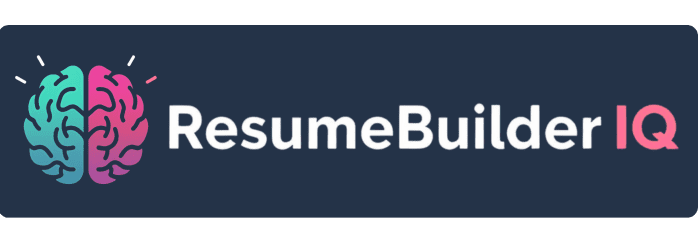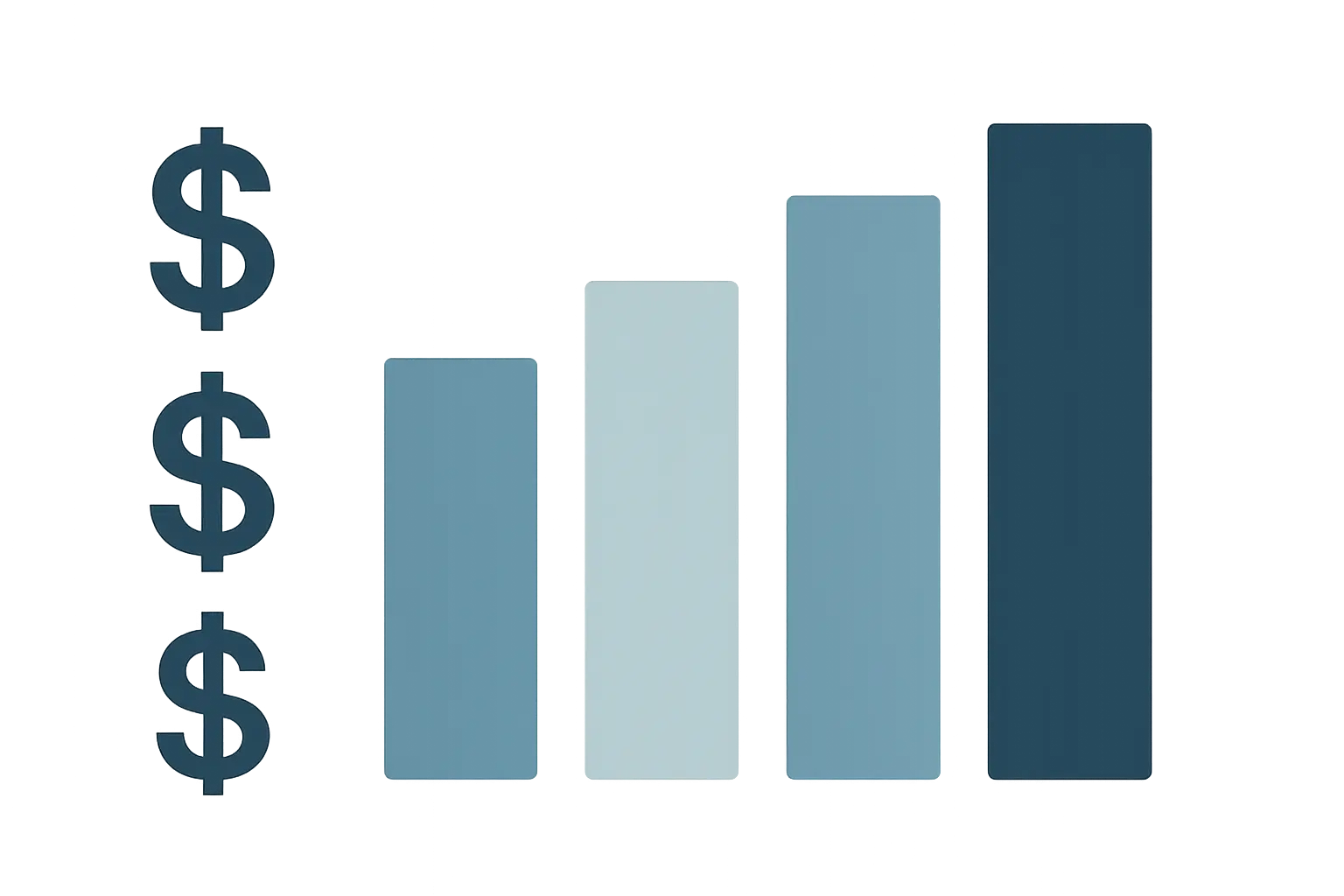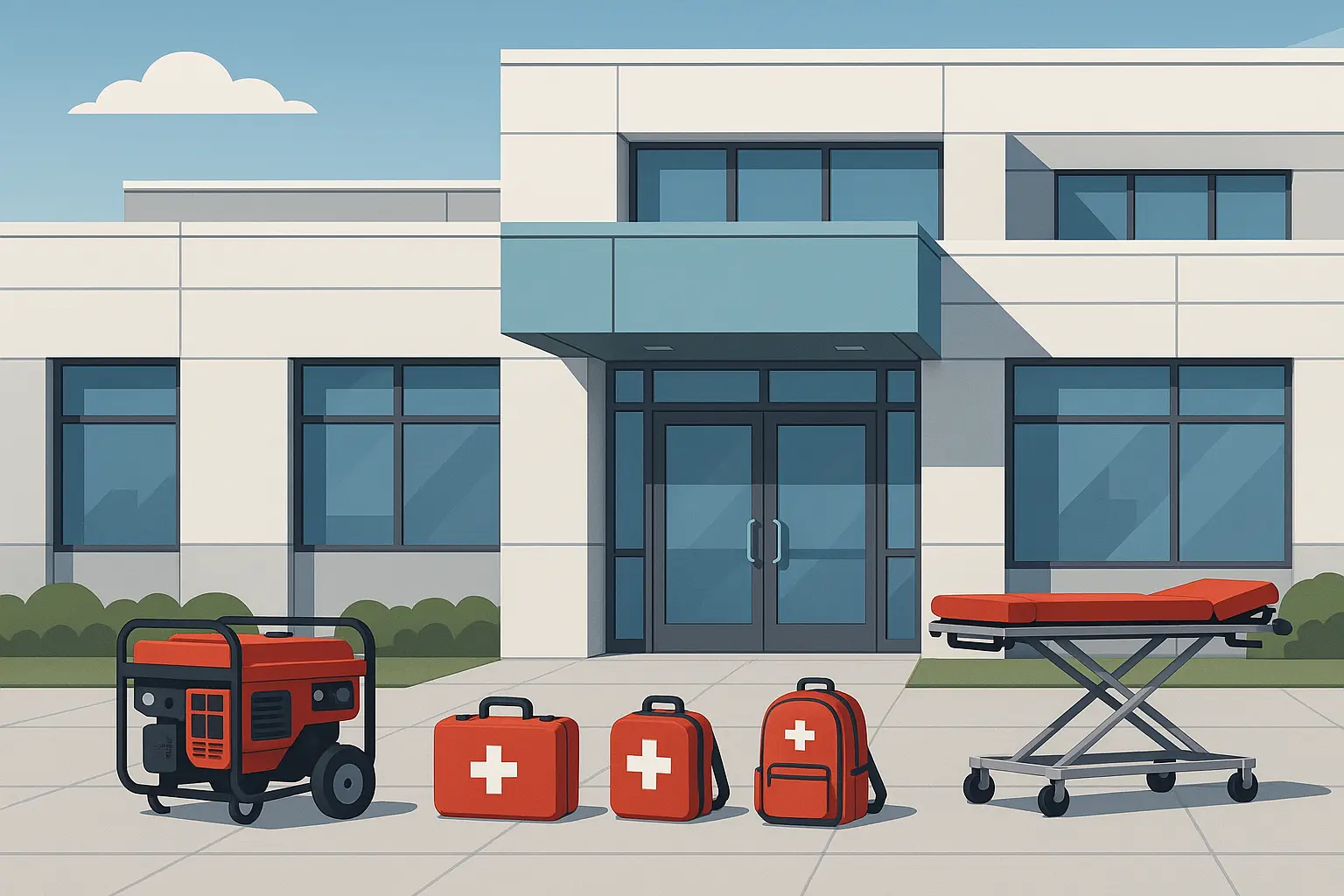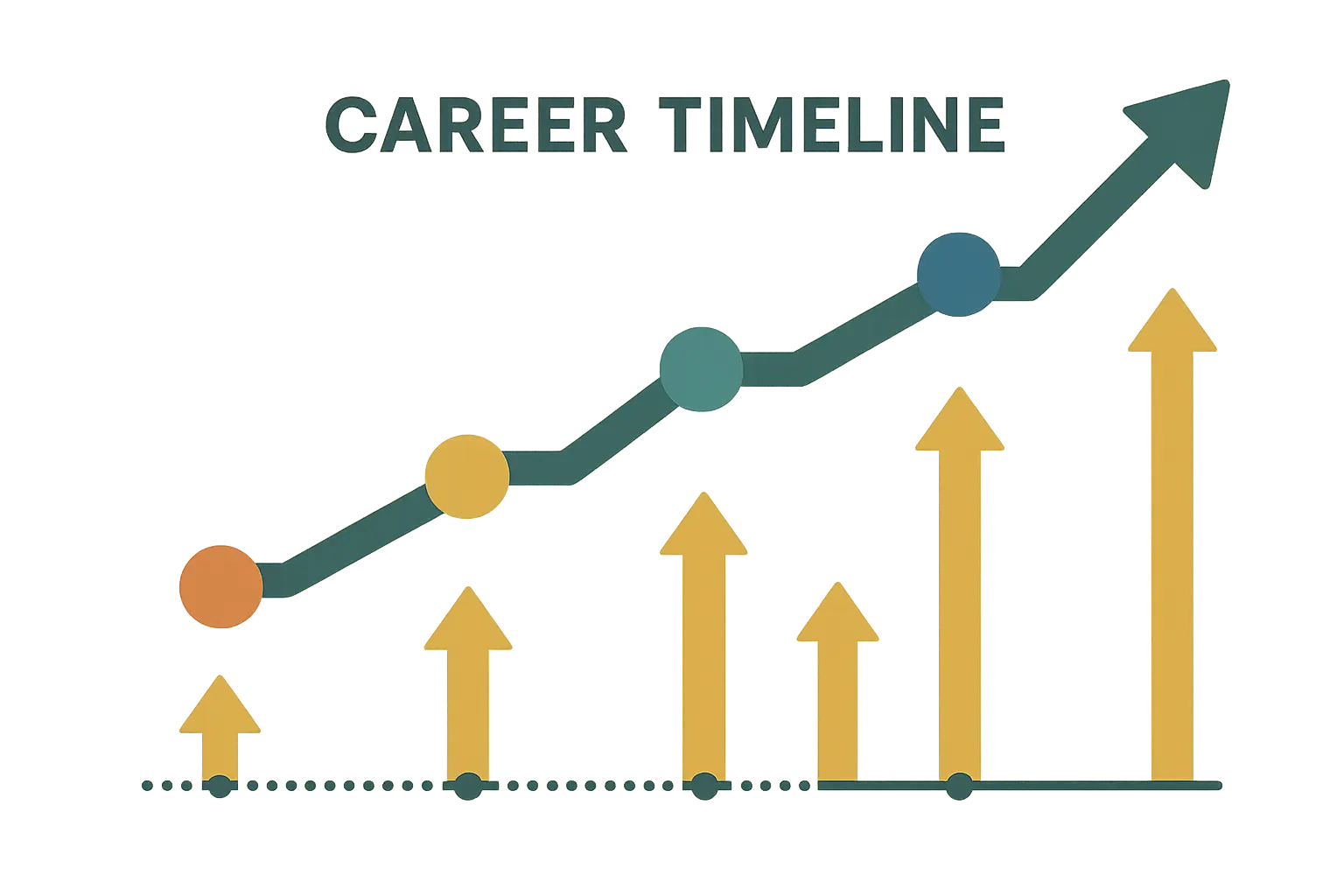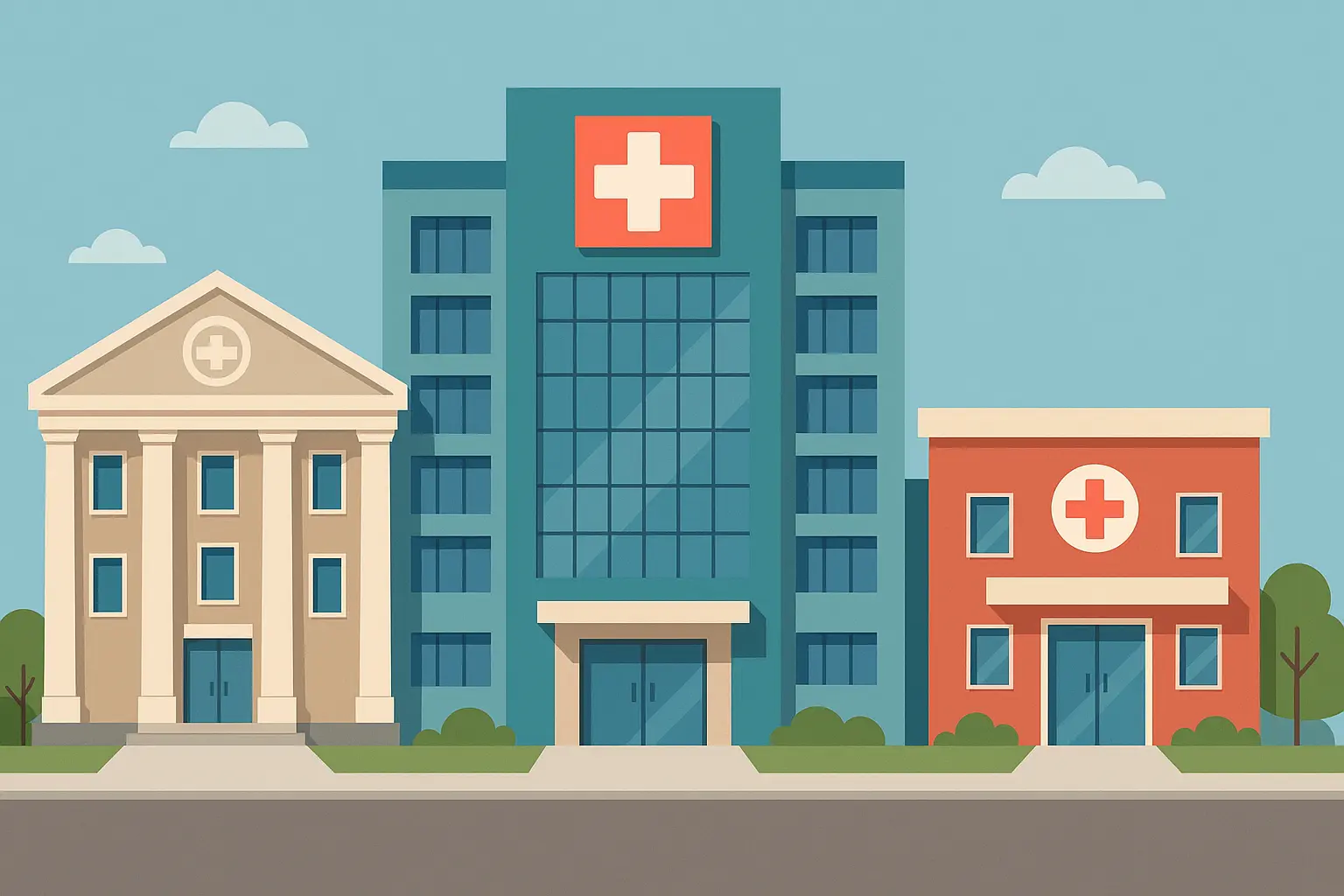Public Health Nurse Salary: What I Wish Someone Had Told Me Before Starting My Career

Look, the pandemic changed everything about public health nursing salaries. I remember when $65,000 felt like good money for this work. Now? That’s barely entry-level in most places. When I started looking into public health nursing, I wish someone had just given me the straight numbers. Here’s what I found: most public health nurses earn between $55,000-$95,000, with location being the biggest factor. A nurse in San Francisco makes almost double what someone in rural Alabama earns, but that doesn’t tell the whole story.
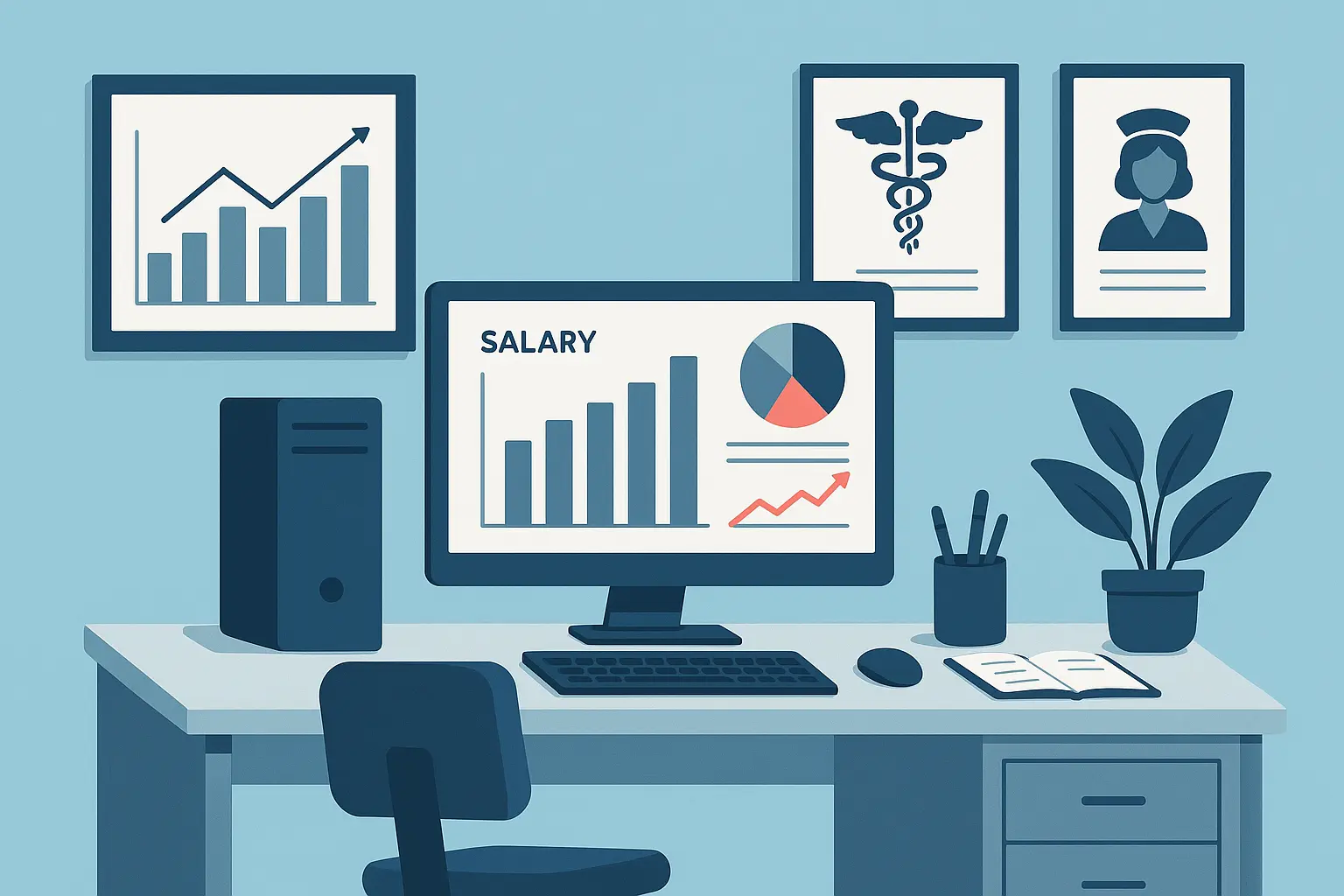
Table of Contents
-
Understanding Your Worth in Public Health Nursing
-
Career Growth That Actually Works
-
Where You Work Changes Everything
-
Getting Paid What You’re Worth
TL;DR
-
Public health nurses earn $55,000-$95,000+ annually, with location and experience being major factors
-
Master’s degrees typically add 15-25% to your salary compared to bachelor’s-level positions
-
Specialized certifications in epidemiology or emergency preparedness can boost pay by $5,000-$15,000
-
Government positions offer stability and benefits, while private sector roles provide more negotiation flexibility
-
Geographic location impacts compensation – coastal states and metro areas pay more
-
Career advancement into management roles can increase salary by 20-40%
Understanding Your Worth in Public Health Nursing
The pandemic created unprecedented demand for public health expertise, leading to sign-on bonuses and enhanced benefit packages that weren’t common just a few years ago. Understanding current market rates, geographic variations, and the impact of education on your earning potential is crucial for making informed career decisions.
What You’ll Actually Make
Forget the fancy averages – here’s the real deal. New grads start around $55,000, but don’t let that scare you off. Most nurses hit $70,000-$80,000 within a few years, and the experienced folks I know are pulling in $95,000+.
The pandemic created this weird situation where hospitals started throwing money at public health nurses. Sign-on bonuses, better benefits, overtime opportunities that didn’t exist before. Sarah in my network got a $10,000 signing bonus last year – unheard of five years ago.
According to NursingEducation.org, public health nurses can earn salaries ranging from $63,720 on the lower end to $132,680 for above-average performers, with hourly pay averaging $45.42 per hour based on BLS data. Understanding these nursing salary ranges is particularly important when considering similar healthcare roles, as demonstrated in our comprehensive RN nurse salary guide, which shows how specialized nursing positions often command premium compensation.
Here’s what experience actually gets you:
|
Experience Level |
Average Hourly Wage |
Annual Salary Range |
|---|---|---|
|
Less than 1 year |
$26.96 |
$56,000-$58,000 |
|
1-4 years |
$30.91 |
$64,000-$68,000 |
|
5-9 years |
$30.55 |
$63,500-$67,500 |
|
10-19 years |
$33.60 |
$69,900-$74,000 |
|
20+ years |
$35.01 |
$72,800-$78,000 |
Yeah, it’s rough starting out, but notice how things improve after the first year. That mid-career dip around 5-9 years? That’s real – it’s when many nurses feel stuck between entry-level and senior positions. The key is pushing through to that 10+ year mark where experience finally pays off.
Specialization = Money
Want the fastest path to better pay? Get specialized. Epidemiology, infection control, emergency prep – these aren’t just fancy titles. They’re $10,000-$20,000 salary bumps waiting to happen.
The highest-paid public health nurses work in Public Health Leadership roles, earning an average of $129,171 annually, while Public Health Nurse Practitioners also command some of the highest nurse salary ranges in the field, according to NursingEducation.org.
I know a nurse who pivoted to infection control during COVID. Went from $72,000 to $89,000 in six months. The training was intense, but the payoff was immediate. The ongoing challenges in public health nursing are highlighted by recent labor disputes, such as the “King County public health nurses rally” by the Washington State Nurses Association, where nurses protested stagnant paychecks after eight months of negotiations, demanding salary scales that match area hospitals’ 25-30 step systems instead of the current 10-step scale.
Location Reality Check
California nurses make bank – $137,690 on average. But before you pack your bags, remember that a studio apartment in San Francisco costs more than most people’s entire salary elsewhere.
California leads the nation in registered nurse compensation, offering $66.20 per hour or $137,690 annually for all RNs, with San Francisco specifically providing the highest public health nurse salary by state at $83.83 per hour ($174,370 per year), according to NursingEducation.org citing BLS data.
The smart play? Look at places like Washington state or Massachusetts. Good pay, reasonable (ish) cost of living, and you won’t need roommates at 35.
|
State/Region |
Average Annual Salary |
Hourly Rate |
Cost of Living Factor |
|---|---|---|---|
|
California |
$137,690 |
$66.20 |
High |
|
San Francisco, CA |
$174,370 |
$83.83 |
Very High |
|
New York |
$95,000-$105,000 |
$45.67-$50.48 |
High |
|
Massachusetts |
$90,000-$100,000 |
$43.27-$48.08 |
High |
|
Washington |
$88,000-$98,000 |
$42.31-$47.12 |
Moderate-High |
Rural positions are sneaky good deals. Sure, you might make $62,000 instead of $85,000, but when your employer throws in loan forgiveness and housing assistance, the math changes fast. A public health nurse in rural Montana might earn $62,000 annually compared to $85,000 in Seattle, but when factoring in the rural employer’s $25,000 student loan forgiveness program, $500/month housing stipend, and 40% lower cost of living, the rural position often provides better long-term financial outcomes.
Education: When It’s Worth It
Master’s degree = 15-25% more money. Sounds simple, right? But here’s what they don’t tell you: it takes 3-5 years to break even on that investment.
My advice? Get your employer to pay for it. Most government agencies and health systems have tuition assistance. Why go into debt when you don’t have to?
Sarah, a BSN-prepared public health nurse earning $68,000, decided to pursue her MSN in Public Health. Two years after graduation, she secured a program manager position earning $85,000 – a 25% increase that will result in over $340,000 in additional lifetime earnings, easily offsetting her $45,000 educational investment.
For nurses considering advanced practice roles, our detailed analysis of nurse practitioner salaries reveals how specialized education can dramatically increase earning potential in public health settings.
Career Growth That Actually Works
Forget the corporate ladder nonsense. Public health nursing advancement is more like hopscotch – you jump around to move up. Here’s what I’ve noticed: the nurses making the most money didn’t climb steadily through one organization. They moved strategically, picking up skills and certifications along the way.
Certifications That Matter
Not all certifications are created equal. Some are resume fluff, others are money makers. Professional development should be strategic and focused on high-demand areas that employers actually value enough to pay premium rates for.
Worth your time and money:
-
Certified Public Health (CPH) – adds $5,000-$8,000 annually
-
Emergency preparedness certifications – huge demand right now
-
Infection prevention – COVID made this gold
-
Case Management Certification
-
Epidemiology Certification
Skip these unless you love them:
-
Generic case management certs that everyone has
-
Anything that costs more than $2,000 without guaranteed salary bump
-
Certifications with no clear career pathway
High-Value Certification Checklist:
-
☐ Certified Public Health (CPH) – National Board of Public Health Examiners
-
☐ National Healthcare Disaster Certification (NHDP-BC) – American Nurses Credentialing Center
-
☐ Infection Prevention Certification
-
☐ Emergency Preparedness Specialist Certification
-
☐ Community Health Assessment Certification
The Management Jump
Moving into management is where the real money lives – 20-40% salary increases are normal. But here’s the catch: you’ll spend more time in meetings than actually doing public health work.
Ask yourself if you’re okay trading patient interaction for budget spreadsheets. Some people thrive on it, others hate it. Know which one you are before making the jump.
Transitioning into supervisory roles involves overseeing programs, managing budgets, and leading teams, but these positions offer the most opportunity for salary growth in public health nursing. The leadership skills developed also open doors to executive positions and consulting opportunities.
When considering salary negotiations during career transitions, understanding how to effectively ask for a raise becomes crucial for maximizing your earning potential at key career milestones.
Your Career Timeline: What to Expect
Starting Out (0-5 years): Annual salary increases of 3-7% are normal. This period is crucial for building foundational skills and identifying areas of specialization. Don’t get comfortable – keep learning and positioning yourself for bigger moves.
Mid-Career (5-15 years): This is where the big jumps happen, particularly when transitioning to specialized roles or taking on supervisory responsibilities. Strategic moves during this period set the trajectory for your entire career. It’s also when many nurses see their biggest salary leaps.
Senior Level (15+ years): Veteran public health nurses can command premium salaries and often transition into executive roles, consulting positions, or academic appointments. At this level, opportunities often come to you rather than requiring active job searching.
Maria started as a public health nurse at $58,000. By year 5, she earned $72,000. After obtaining her MSN and CPH certification at year 8, she moved into a program director role earning $95,000. Now at 15 years, she’s a regional health director earning $125,000 plus consulting income.
Where You Work Changes Everything
Different employers offer varying compensation packages, benefits, and career opportunities. Understanding these differences helps you choose employers that align with your financial goals and career aspirations.
Government: Steady but Structured
Federal jobs are the gold standard – GS pay scales, amazing benefits, job security. But you’ll follow rules, lots of them. And salary negotiations? Good luck with that.
Federal agencies such as the CDC, Indian Health Service, and Veterans Affairs offer competitive salaries following GS pay scales, typically ranging from GS-11 to GS-14 for most public health nursing positions. These positions come with excellent benefits, job security, and opportunities for advancement within the federal system.
State and local health departments offer more variety but less stability. Budget cuts happen. Programs get eliminated. Have a backup plan. These roles often provide opportunities for overtime and emergency response compensation, which can boost annual earnings. The work is often the most directly related to traditional public health functions.
Private Sector: Risk and Reward
Healthcare systems and private companies pay well but expect results. No coasting through your day. Performance matters, politics exist, and layoffs happen.
The upside? Real negotiation power and faster advancement opportunities.
Hospitals and health systems increasingly employ public health nurses for population health management, offering competitive salaries and opportunities for clinical advancement. These positions combine clinical expertise with public health principles, often providing the best of both worlds.
The growing emphasis on women’s health specialization creates new opportunities, as highlighted by “Best Colleges women’s health careers guide”, which shows Women’s Health Nurse Practitioners earning a median of $129,210 annually with 40% projected job growth through 2034, demonstrating the expanding scope of specialized public health roles.
Population Health Management: These positions combine clinical expertise with public health principles, often offering salaries comparable to clinical nursing roles with additional public health responsibilities. The work involves managing health outcomes for entire populations, which is increasingly important as healthcare systems focus on value-based care.
Community Programs: Specialized roles focusing on community health improvement and disease prevention typically offer competitive compensation with opportunities for grant-funded projects and program development. These positions often provide variety in work and the opportunity to develop innovative programs that directly impact community health outcomes.
Getting Paid What You’re Worth
Successfully navigating the public health nursing job market requires preparation, research, and strategic thinking. The key is approaching the job search and negotiation process with the same systematic approach you’d use in your nursing practice.
Do Your Homework
Before any interview, know these numbers:
-
Local salary ranges (not national averages)
-
Cost of living adjustments
-
Benefits packages (they matter more than you think)
-
Promotion timelines
Utilize resources such as Bureau of Labor Statistics data, professional association surveys, and networking connections to gather accurate, location-specific salary information before negotiations. Online salary databases provide starting points, but local market knowledge from professional contacts often provides the most accurate information.
Salary Research Checklist:
-
☐ Salary Research Checklist:
-
☐ Check Bureau of Labor Statistics occupational outlook data
-
☐ Review professional association salary surveys
-
☐ Network with current public health nurses in your target area
-
☐ Research specific employer salary scales (government GS levels)
-
☐ Account for cost of living differences by location
-
☐ Factor in total compensation packages, not just base salary
-
☐ Document salary ranges for different experience levels
-
☐ Identify salary premiums for certifications and specializations
When researching compensation packages, don’t forget to utilize tools such as our comprehensive after-tax salary calculator to understand the real value of different offers across various locations and tax brackets.
Identify high-demand skills in your target market and invest in developing these competencies to strengthen your negotiating position. Understanding what employers value most in your area helps you highlight relevant experience and identify areas where additional training might boost your marketability and earning potential.
Negotiation Realities
Effective negotiation in public health nursing requires understanding both the constraints and flexibilities of different employer types while advocating for fair compensation.
Government positions: Limited salary flexibility, but you can negotiate start dates, step levels, and professional development funding. While base salaries may be fixed in government roles, opportunities exist to negotiate starting step levels, special pay allowances, and professional development support.
Private sector: Everything’s negotiable – salary, benefits, vacation time, work-from-home options. Don’t leave money on the table. Private sector and non-profit employers often have more flexibility in compensation packages, allowing for negotiations around base salary, benefits, professional development funding, and work-life balance arrangements.
The magic phrase: “Based on my research and experience, I was expecting something closer to [X amount]. Can we discuss how to get there?”
Having a professionally crafted resume is crucial when negotiating with private sector employers, and our guide to top nursing resumes shows how to effectively showcase your public health expertise and specialized skills to command higher salaries.
What I Wish I’d Known Starting Out
Public health nursing isn’t just about the paycheck – though the paycheck matters. It’s about building a career that grows with you.
Your first job won’t be your last job. Focus on learning, building connections, and positioning yourself for the next opportunity. The nurses making six figures didn’t get there by accident – they planned, specialized, and weren’t afraid to make strategic moves.
Understanding public health nurse salaries is just the beginning of building a successful career in this field. The key is approaching your career strategically, understanding the factors that influence compensation, and positioning yourself for opportunities that align with your financial goals and professional interests.
Your earning potential in public health nursing isn’t just about your starting salary – it’s about the trajectory you create through strategic career moves, continuous learning, and understanding the market dynamics that drive compensation in this field. Whether you’re just starting out or looking to advance your career, the information in this guide can help you make informed decisions that maximize your earning potential.
And remember: salary is just part of the package. Benefits, work-life balance, job satisfaction, and growth opportunities all matter. Find the balance that works for your life, not just your bank account. Remember that salary is just one component of your total compensation package. Benefits, job security, work-life balance, and the satisfaction that comes from meaningful work all contribute to your overall career satisfaction.
The field needs good public health nurses now more than ever. Get paid what you’re worth, but don’t forget why you got into this work in the first place. The goal is finding the right balance that meets your financial needs while allowing you to do work that makes a difference in your community.
If you’re ready to take the next step in your public health nursing career, having a professional resume that effectively showcases your skills and experience is crucial. Resume Builder IQ’s AI-powered platform helps healthcare professionals create compelling resumes that stand out to hiring managers and pass through applicant tracking systems used by government agencies and healthcare organizations. With specialized templates and industry-specific guidance, you can present your qualifications in ways that demonstrate your value and help you secure the higher-paying positions you’ve learned about in this guide.
